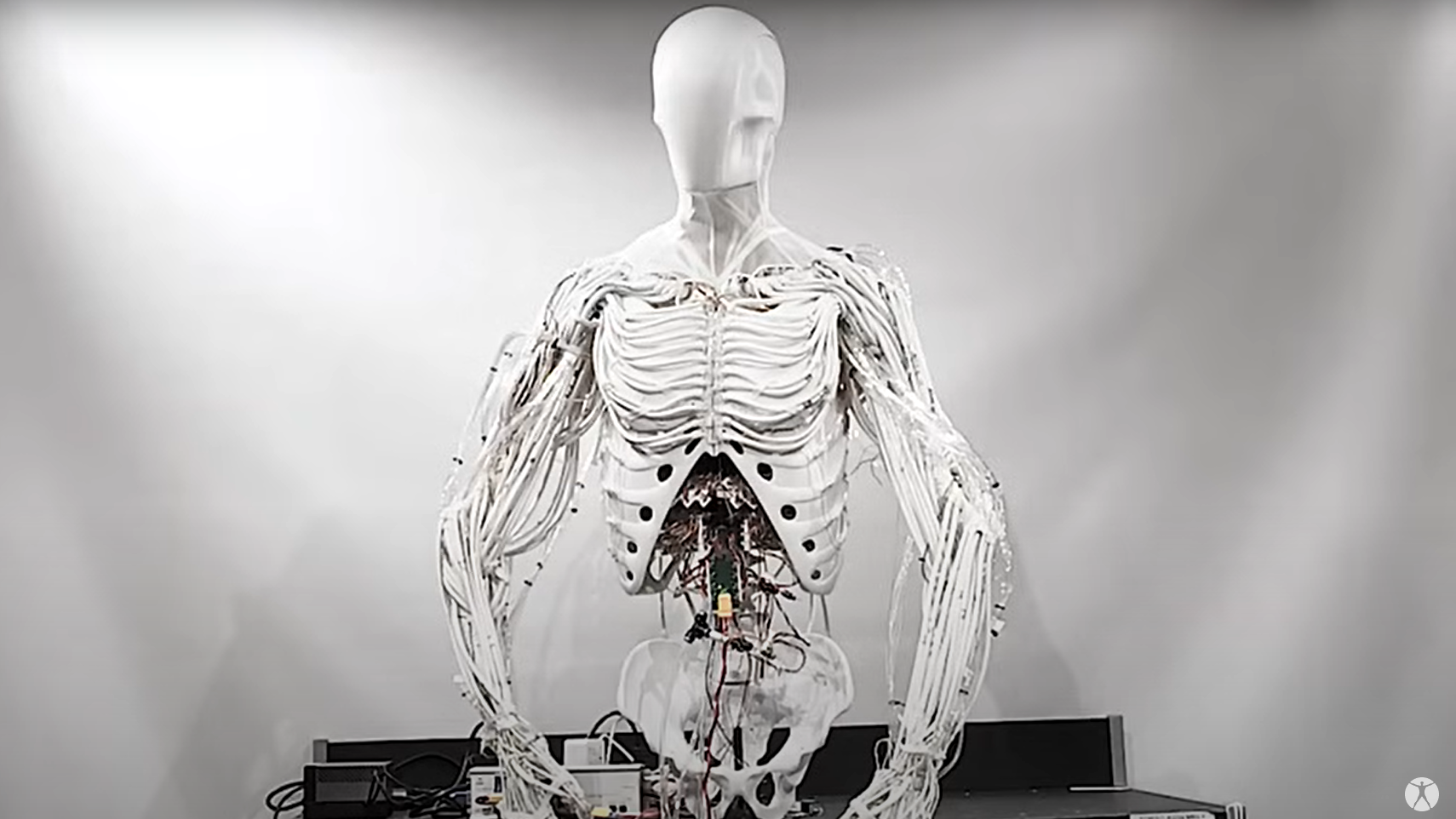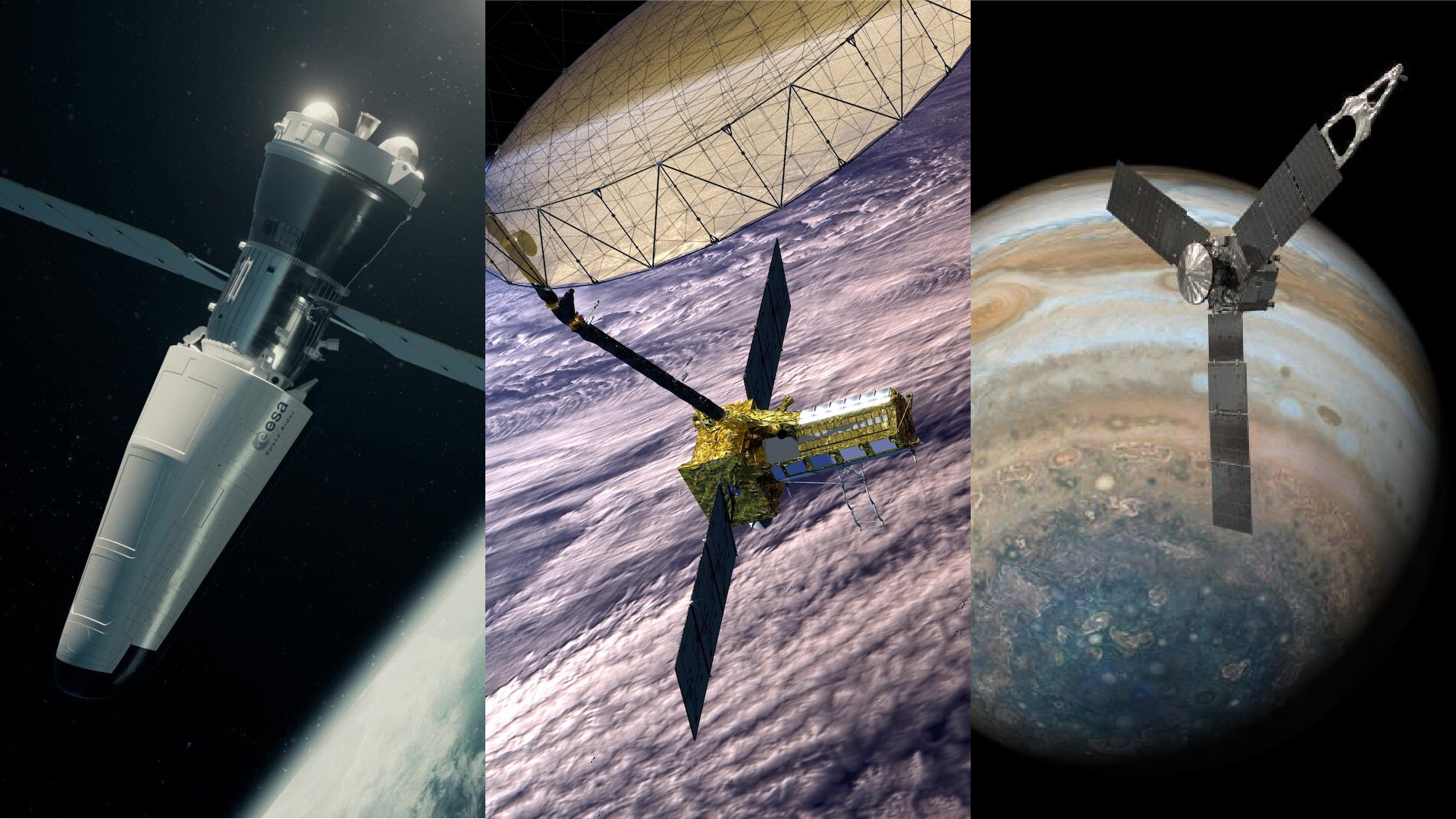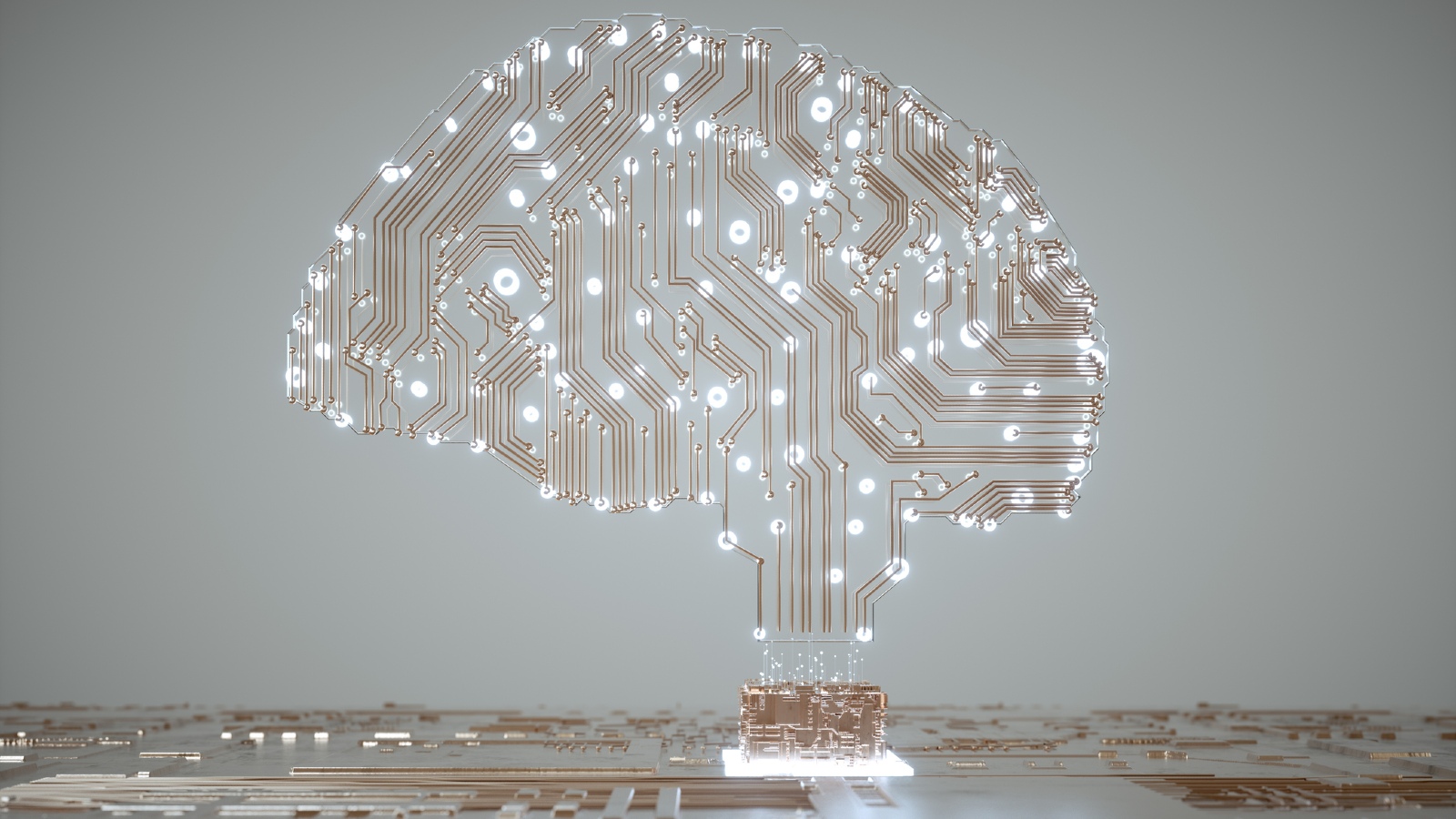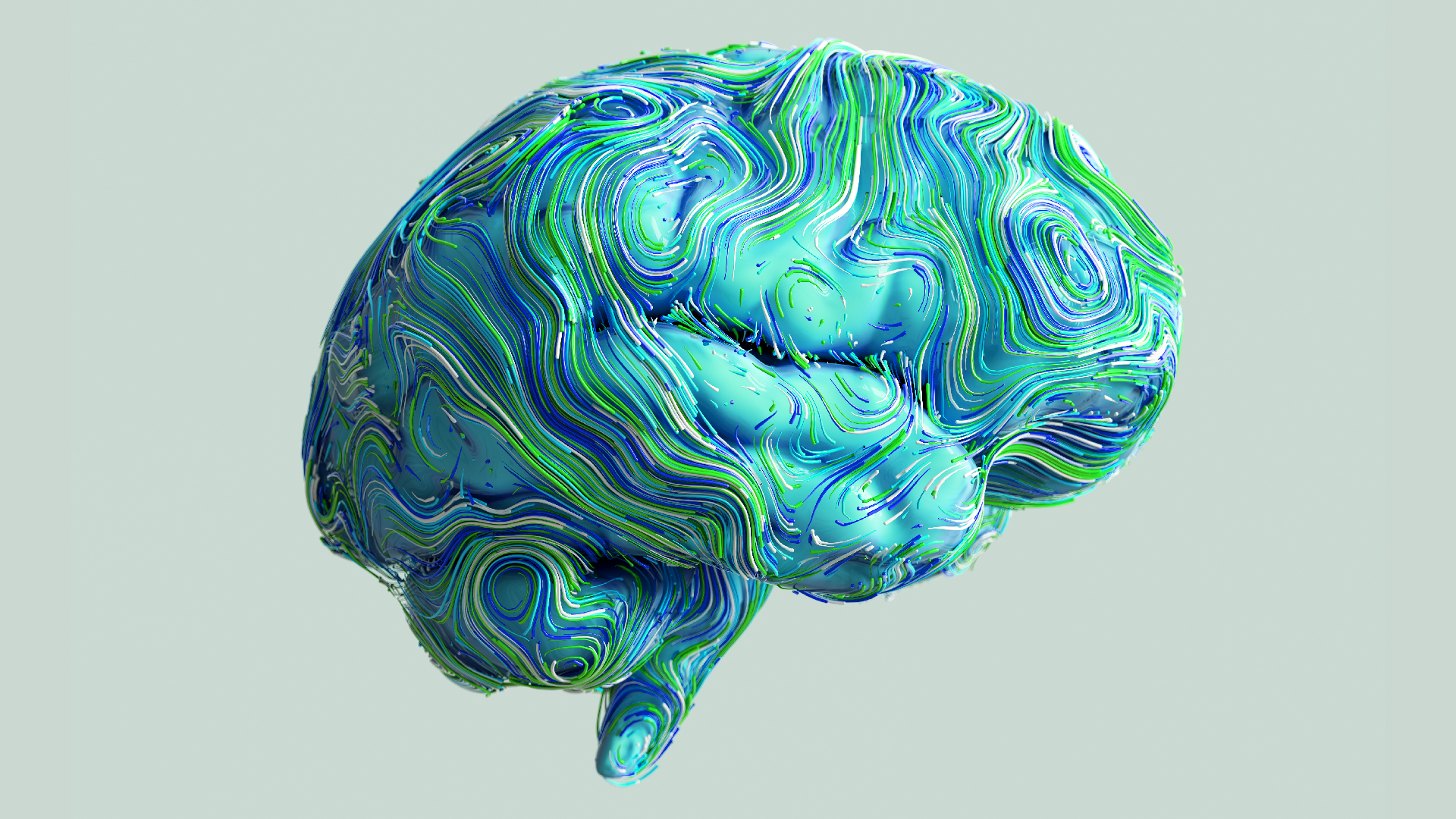7 ways marijuana might affect the brain
Introduction
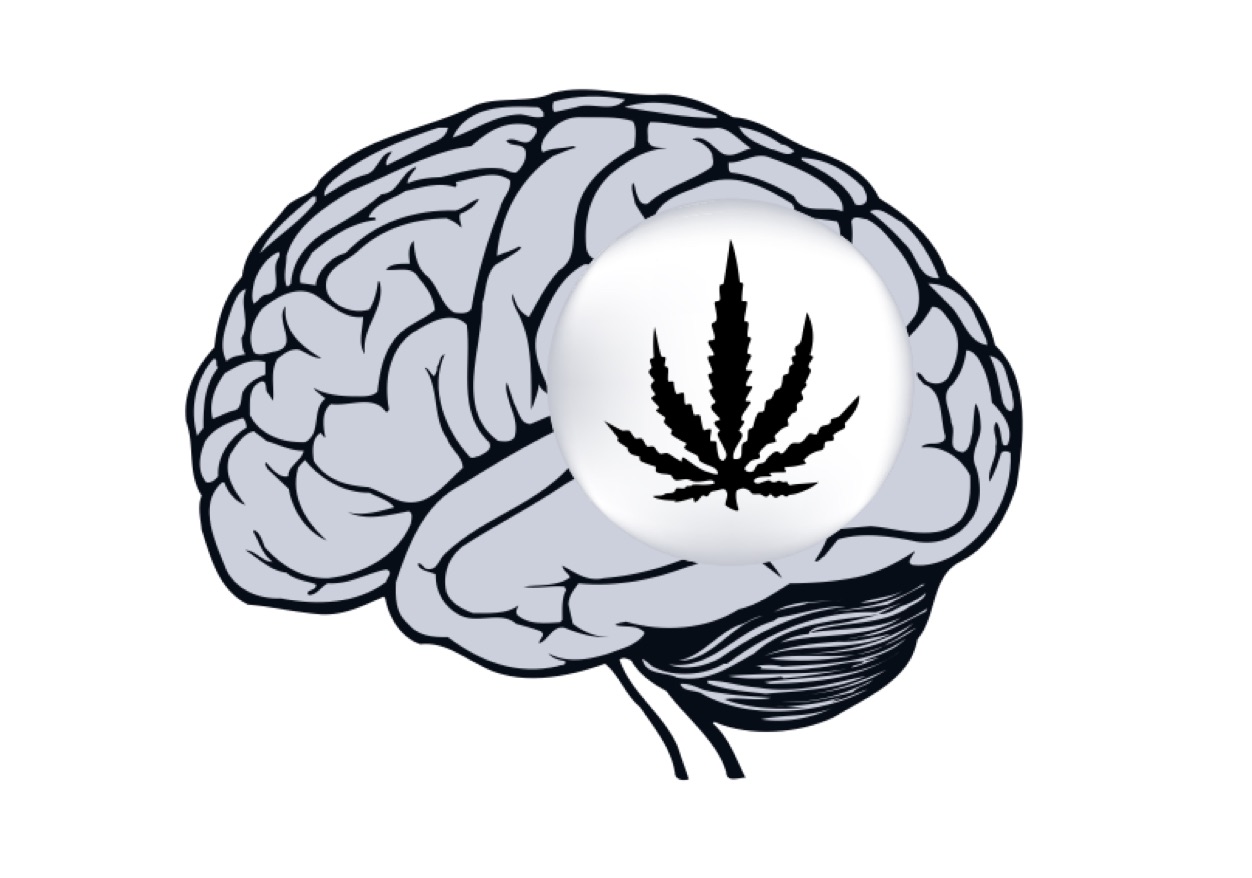
Marijuana has a reputation as a relatively harmless drug, but researchers are learning more and more about the effects it may have on the brain.
An increased risk of psychosis, changes in the brain's reward system and the scrambled neuron signals that may underlie "the munchies" are just some of the many potential effects of marijuana use on the brain.
"The biggest risk related to the use of marijuana is the increased risk of psychosis," said Dr. Scott Krakower, assistant unit chief of psychiatry at Zucker Hillside Hospital in Glen Oaks, New York. Another significant risk, for those who use marijuana during their teenage years, is an increased likelihood of an IQ drop.
"It is safe enough to say that people who smoke marijuana," especially when they are young, are more likely have a reduction in their IQ later in life, Krakower told Live Science. [11 Odd Facts About Marijuana]
Here's a look at the recent research on marijuana's possible effects on the brain.
Marijuana and psychosis
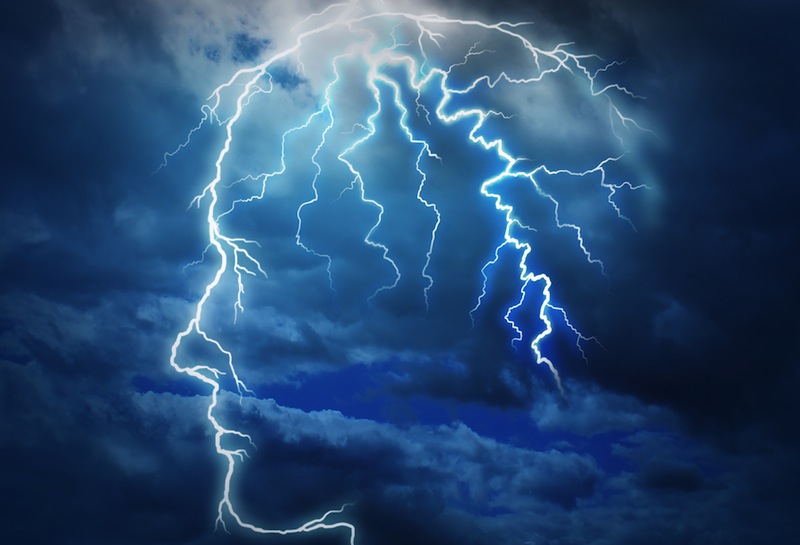
Multiple studies have linked marijuana use with a higher risk of psychosis, which is a medical term that applies to symptoms that involve losing touch with the real world, such as hallucinations or paranoia. For example, in an analysis published in 2016 in the journal Schizophrenia Bulletin, researchers looked at previous studies of about 67,000 people.
They found that people in the study who used the most marijuana were more likely to be diagnosed with a psychotic mental-health condition, such as schizophrenia, than people who had never used marijuana.
A review published in April 2016 in the journal Biological Psychiatry also found a link between cannabis use and an increased risk of psychosis. "Overall, evidence from epidemiologic studies provides strong enough evidence to warrant a public health message that cannabis use can increase the risk of psychotic disorders," the authors wrote in the review.
Pot and IQ
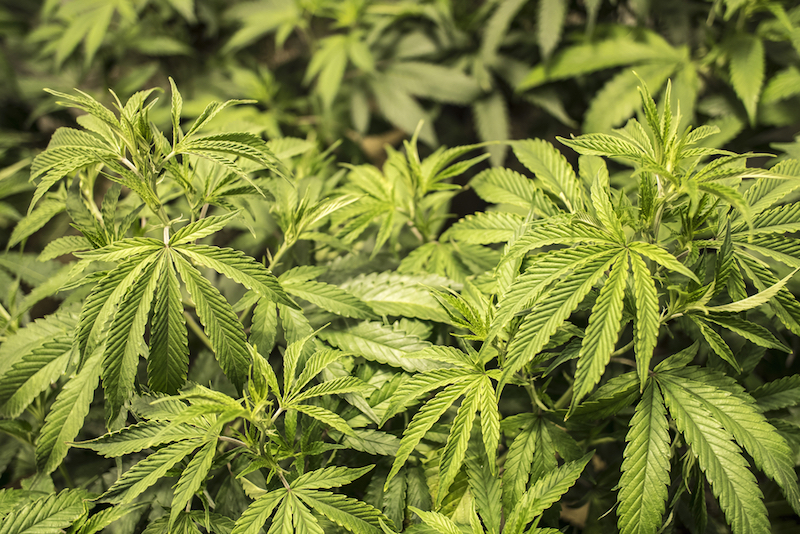
Teens who smoke pot may be more likely to experience an IQ drop when they are older, research has suggested. In a study of more than 1,000 people in New Zealand, researchers administered IQ tests to the participants twice: when they were 13, and then again when they were 38. The researchers also asked the participants about their drug use throughout the study period.
About 5 percent of the teens in the study had started using pot when they were teens. And it turned out that those who smoked pot at least four times a week and continued to use pot throughout their lives experienced an IQ drop of 8 points by the end of the study, on average. [6 Foods That Are Good For Your Brain]
It's not clear why pot may have negative effects on people's IQ, but it could be that teens are more vulnerable to pot's effects on brain chemistry, Susan Tapert, a neuropsychologist at the University of California, San Diego, who was not involved in the study, told Live Science in a 2012 interview.
Brain size, connectivity
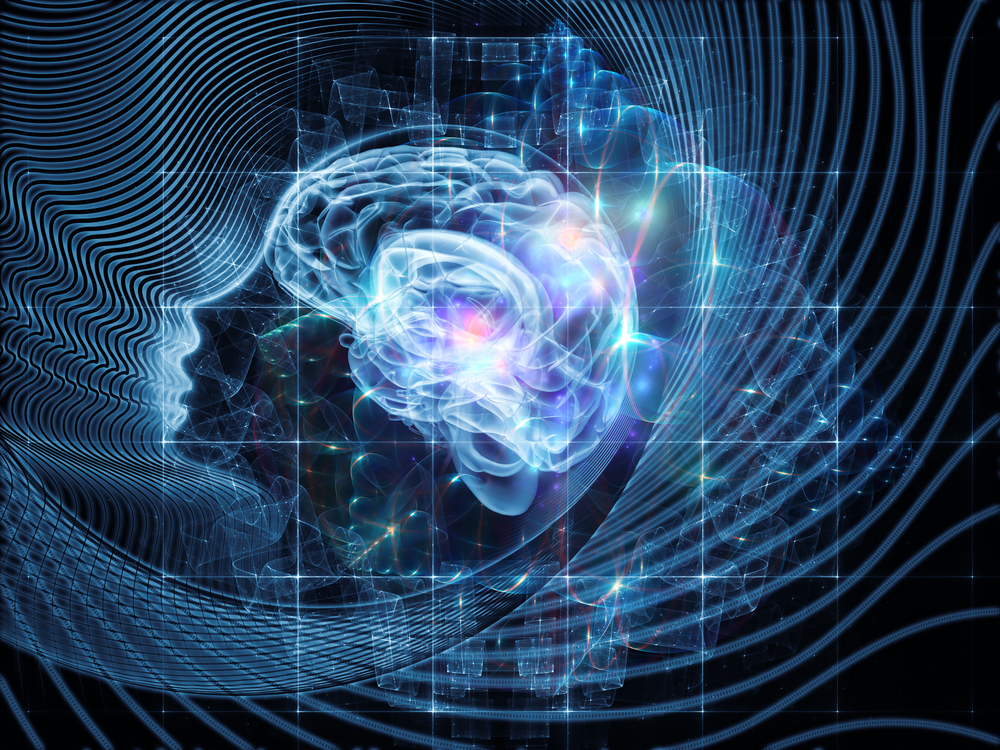
Using marijuana for many years may be linked to changes in brain size, research has suggested. In a study published in November 2014 in the journal Proceedings of the National Academy of Sciences, researchers looked at 48 adults who used the drug at least three times a day, for an average of eight or nine years, and 62 people who didn't use marijuana. It turned out that the people who had been smoking pot daily for at least four years had a smaller volume of gray matter in a brain region called the orbitofrontal cortex, which previous research had linked to addiction. [3D Images: Exploring the Human Brain]
But the researchers also found that the brains of the chronic marijuana users showed greater connectivity, which is generally a measure of how well information travels between different parts of the brain.
The researchers said they don't know for sure why chronic marijuana use is linked to these brain changes, but they think it may have something to do with THC (tetrahydrocannabinol), marijuana's main psychoactive ingredient. This is because THC has been shown to affect cannabinoid receptors, which are involved in appetite, memory and mood, and are present in large numbers in the orbitofrontal cortex.
The brain's reward system
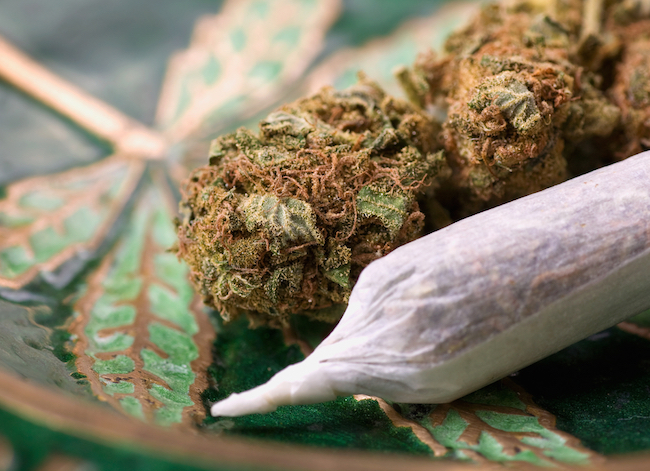
The brains of people who have smoked pot for many years may respond differently to certain rewards, compared with the brains of people who don't use the drug, according to a recent study. In the study, researchers wanted to see whether the brains of 59 chronic marijuana users would respond differently to the photos of objects used for smoking marijuana than they did to the photos of objects that are considered "natural rewards," such as their favorite fruits.
The scientists found that study participants who had smoked marijuana for 12 years, on average, exhibited greater activity in the brain's reward system when they looked at photos of objects that they used for smoking marijuana (such as a pipe or a joint) than when they looked at photos of their favorite fruits. In comparison, the people in the control group who did not smoke marijuana did not show greater activity in this brain region when they were shown marijuana-related objects, according to the findings, published in May 2016 in the journal Human Brain Mapping.
"This study shows that marijuana disrupts the natural reward circuitry of the brain, making marijuana highly [important] to those who use it heavily," study author Dr. Francesca Filbey, an associate professor of behavioral and brain science at the University of Texas at Dallas, said in a statement.
Noisy neurons
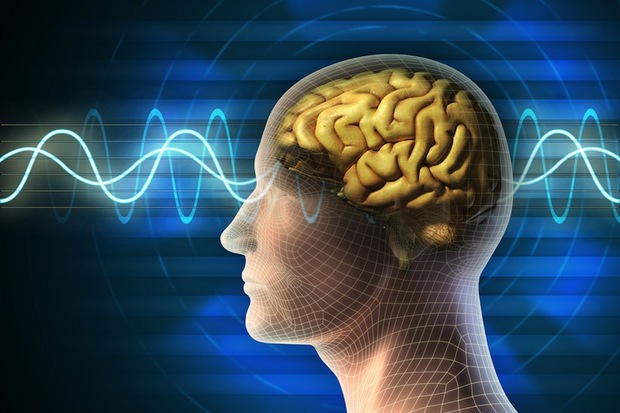
THC —marijuana's main psychoactive compound —may increase the level of "neural noise,"or random neural activity in the brain, research suggests. In a 2015 study published in the journal Biological Psychiatry, researchers measured the levels of this random neural activity in 24 people under two conditions: after they had been given pure THC, and after they had been given a placebo.
They found that the people showed greater levels of neural noise after they received the THC, compared with their levels after they took the placebo. [11 Surprising Facts About Placebos]
"At doses roughly equivalent to half or a single joint, [THC] produced psychosis-like effects and increased neural noise in humans," senior study author Dr. Deepak Cyril D'Souza, a professor of psychiatry at Yale School of Medicine, said in a statement. The findings suggest that psychosis-like symptoms that people may experience after smoking weed may be related to this neural noise, the researchers said.
Munchies and the brain

Marijuana may affect certain neurons in the brain that are normally responsible for suppressing appetite, and this effect may explain why people often get very hungry after smoking pot, according to a 2015 study in mice. In the study, researchers stimulated the mice's appetites by manipulating the same cellular pathway as the one that mediates pot's effects on the brain, and then observed what was going on in the mice's brains during the experiment.
The scientists expected that the neurons that typically suppress appetite would be turned off by their efforts to stimulate the rodents' appetites. But, contrary to their expectations, it turned out that those neurons were actually activated, because they had switched to releasing chemicals that promote hunger, study author Dr. Tamas Horvath, a professor of neurobiology at Yale University, told Live Science in a 2015 interview.
It's not clear whether it would work the same way in people, the researchers noted. But it has been suggested that using marijuana makes people hungry, they said. [The Science of Hunger: How to Control It and Fight Cravings]
The finding could point to a way to treat the loss of both appetite and weight that some cancer patients experience while undergoing treatments, the researchers said.
Marijuana and the teenage brain

Marijuana may affect teenage brains differently than it affects adult brains. However, these effects may not be the same for every user, and they may depend on individual factors, such as genetics, according to two studies published in August 2015 in the journal JAMA Psychiatry. In one of the studies, researchers found that marijuana did not lead to small brain size in teens, in contrast with previous findings that had suggested that the drug does have this effect on the teenage brain. [10 Facts Every Parent Should Know About Their Teen's Brain]
However, the other study found that, in teenage boys who are genetically susceptible to schizophrenia, pot might alter their brain development in potentially negative ways over time. In that study, the researchers looked at the brains of teenage boys when they were 15, and again when they were almost 19. They found that the boys who smoked pot and carried genes linked to an increased risk of schizophrenia experienced thinning in their brain's cortex —the outer part of the brain —over the four-year study.
Originally published on Live Science.
Sign up for the Live Science daily newsletter now
Get the world’s most fascinating discoveries delivered straight to your inbox.






